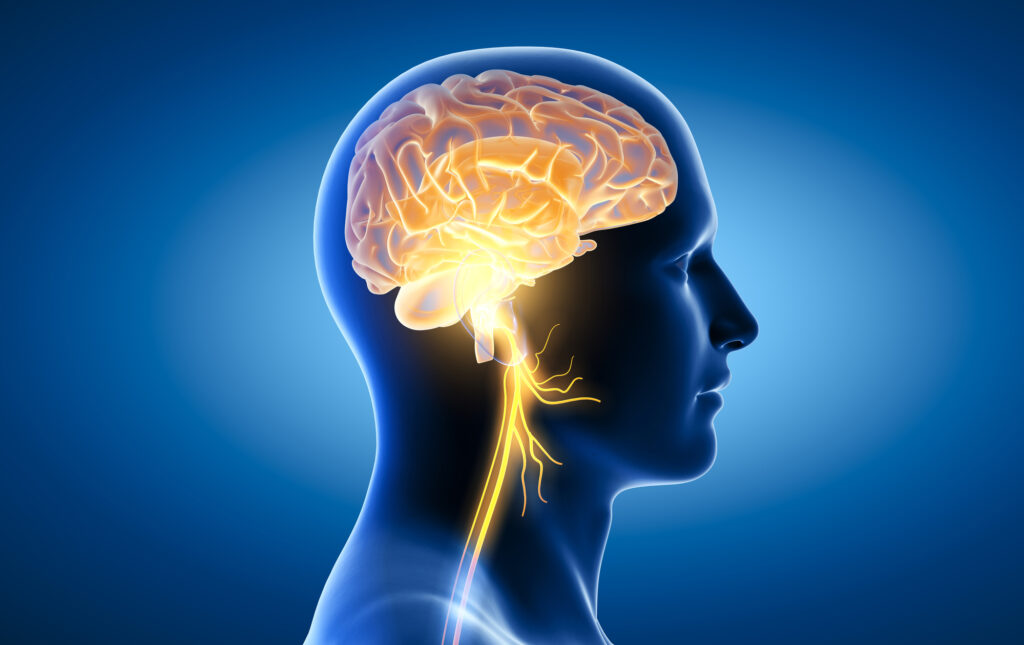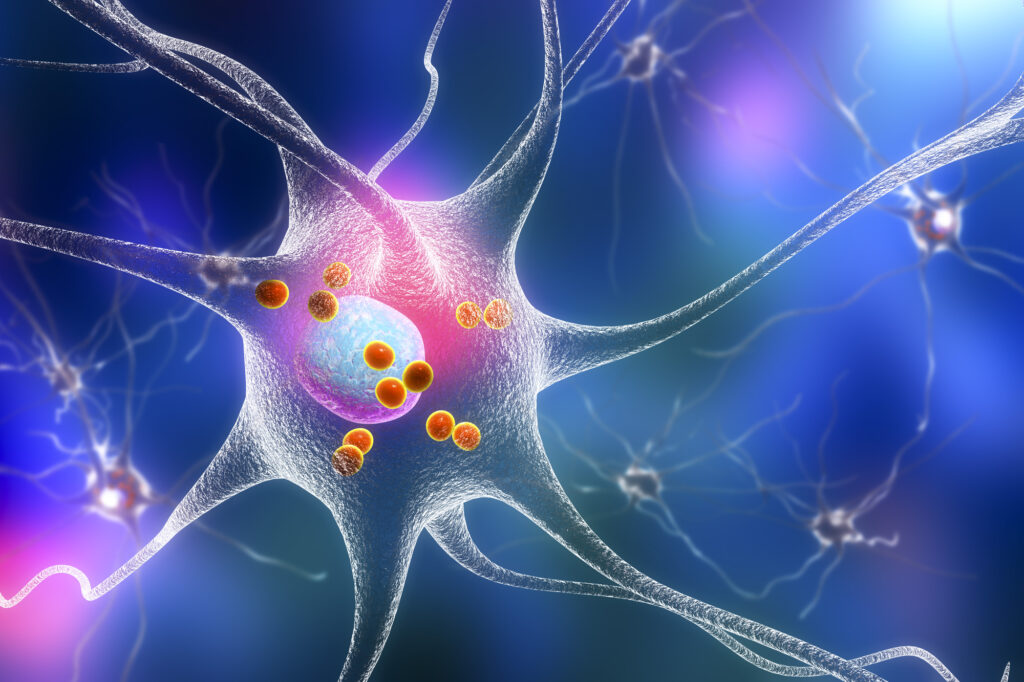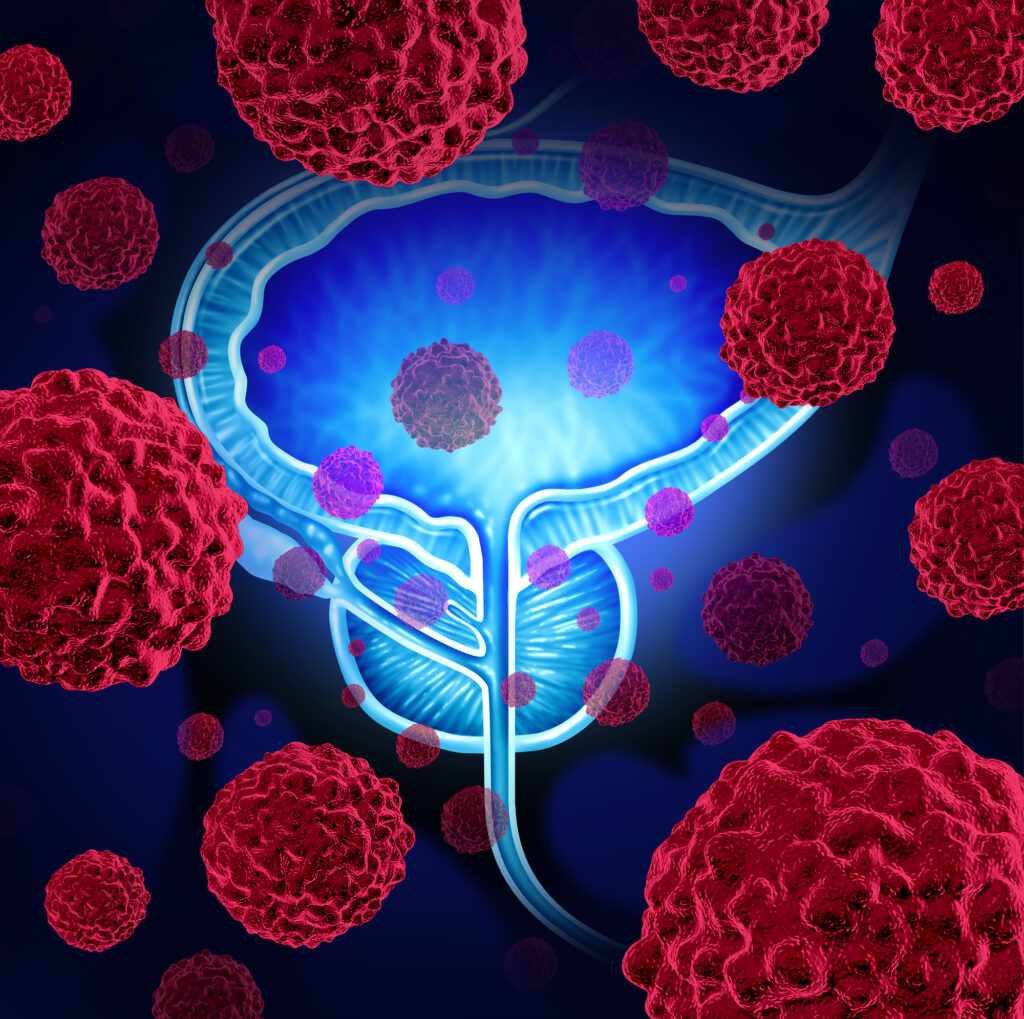The gut-brain axis is a bidirectional communication network that connects the gastrointestinal system with the central nervous system. Key to this connection is the vagus nerve, a major component of the parasympathetic nervous system. The vagus nerve plays a crucial role in regulating digestion, mood, inflammation, and overall well-being. As medical professionals, understanding how to improve vagus nerve tone can significantly impact patient health and promote optimal gut-brain axis functioning. In this article, we explore evidence-based strategies for enhancing vagus nerve tone and provide insights into the potential therapeutic benefits they offer.
Deep Breathing Techniques:
Deep breathing exercises, such as resonant or coherent breathing, have been shown to stimulate the vagus nerve and enhance its tone. Slow, deep breaths activate the parasympathetic nervous system, promoting relaxation and reducing stress. Encouraging patients to practice deep breathing exercises for a few minutes each day can contribute to overall vagus nerve health.
Regular Physical Exercise:
Engaging in regular physical exercise has a multitude of health benefits, including enhancing vagus nerve tone. Both aerobic and resistance exercises have been shown to activate the vagus nerve, improving its functionality. Encourage patients to engage in activities they enjoy, such as walking, swimming, or yoga, for at least 30 minutes a day to promote optimal vagus nerve functioning.
Cold Exposure:
Exposing the body to cold temperatures, such as cold showers or ice baths, can activate the vagus nerve. Cold exposure stimulates the release of norepinephrine, which enhances vagal tone. Advise patients to gradually introduce cold showers or consider localized cold applications to support vagus nerve activity.
Meditation and Mindfulness Practices:
Meditation and mindfulness practices have gained significant attention for their positive effects on mental health and stress reduction. These practices have been shown to increase vagal tone and improve the gut-brain axis. Encourage patients to incorporate meditation or mindfulness exercises into their daily routine to support vagus nerve health.
Probiotic and Prebiotic Intake:
The gut microbiota has a bidirectional relationship with the vagus nerve, influencing its tone and functionality. Research suggests that certain probiotic and prebiotic supplements can positively modulate the gut-brain axis by enhancing vagus nerve signaling. Recommending probiotic-rich foods and prebiotic dietary sources, such as fermented foods and high-fiber meals, can contribute to improved vagus nerve tone.
Omega-3 Fatty Acid Supplementation:
Omega-3 fatty acids, particularly docosahexaenoic acid (DHA) and eicosapentaenoic acid (EPA), found in fish oil supplements, have been shown to enhance vagal tone and reduce inflammation. Suggesting omega-3 supplementation to patients with a deficiency may support the gut-brain axis and vagus nerve health.
Conclusion:
The gut-brain axis plays a critical role in maintaining overall health, and the vagus nerve acts as a vital conduit between the gut and the brain. By implementing evidence-based strategies to enhance vagus nerve tone, medical professionals can positively influence patient well-being and support optimal gut-brain axis functioning. Deep breathing exercises, regular physical exercise, cold exposure, meditation, probiotics, prebiotics, and omega-3 supplementation are promising approaches to consider. By incorporating these practices into patient care, medical professionals can contribute to improving vagus nerve tone and promoting the overall health of their patients.
References
- Deep Breathing Techniques:
- Busch V, et al. (2013). The effect of deep and slow breathing on pain perception, autonomic activity, and mood processing—an experimental study. Pain Medicine, 14(2), 215-228. doi: 10.1111/pme.12006.
- Pal GK, Velkumary S, Madanmohan. (2004). Effect of short-term practice of breathing exercises on autonomic functions in normal human volunteers. Indian Journal of Medical Research, 120(2), 115-121.
- Regular Physical Exercise:
- Oveisgharan S, et al. (2011). Regular aerobic exercise and endothelium-dependent cerebral vasodilation. Journal of the Neurological Sciences, 304(1-2), 101-105. doi: 10.1016/j.jns.2011.02.026.
- Kim HY, et al. (2019). The effects of aerobic exercise on the number, size, and phenotype of the lymphatic vessels in rat epididymal fat pads. Journal of Applied Physiology, 127(3), 696-704. doi: 10.1152/japplphysiol.00236.2019.
- Cold Exposure:
- Rasmussen P, et al. (2015). Influence of muscle temperature on maximal muscle performance during explosive activities: effects of mild muscle cooling. Journal of Applied Physiology, 119(7), 730-739. doi: 10.1152/japplphysiol.00317.2015.
- Peake JM, et al. (2017). Cold water immersion: kill or cure? Experimental Physiology, 102(11), 1335-1355. doi: 10.1113/EP086283.
- Meditation and Mindfulness Practices:
- Tang YY, et al. (2007). Short-term meditation training improves attention and self-regulation. Proceedings of the National Academy of Sciences, 104(43), 17152-17156. doi: 10.1073/pnas.0707678104.
- Gard T, et al. (2014). Impact of mindfulness-based stress reduction training on intrinsic brain connectivity. NeuroImage, 56(1), 290-298. doi: 10.1016/j.neuroimage.2013.06.045.
- Probiotic and Prebiotic Intake:
- Forsythe P, et al. (2016). Mood and gut feelings. Brain, Behavior, and Immunity, 62, 1-2. doi: 10.1016/j.bbi.2016.11.024.
- Stenman LK, et al. (2020). Probiotic with or without fiber controls body fat mass, associated with serum zonulin, in overweight and obese adults—randomized controlled trial. EBioMedicine, 102670. doi: 10.1016/j.ebiom.2020.102670.
- Omega-3 Fatty Acid Supplementation:
- Young G, Conquer J. (2005). Omega-3 fatty acids and neuropsychiatric disorders. Reproduction, Nutrition, Development, 45(1), 1-28. doi: 10.1051/rnd:2005001.
- Janssen CI, et al. (2010). Effects of dietary omega-3 polyunsaturated fatty acids on brain gene expression. Proceedings of the National Academy of Sciences, 107(16),





